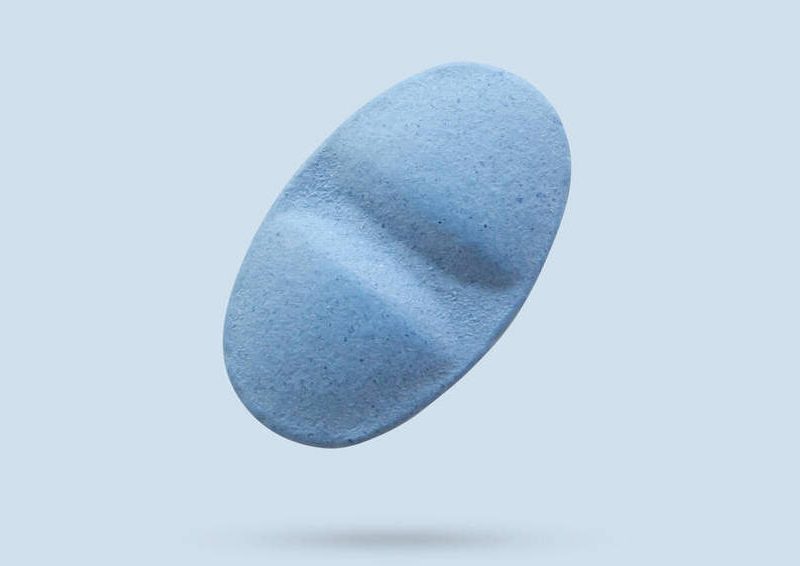159 total views
Modafinil is a prescription medication renowned for its cognitive enhancing properties and ability to combat sleep disorders. However, misuse of this drug, particularly through snorting, has raised concerns among medical professionals. In this article, we delve into the effects, risks, and legal implications associated with snorting Modafinil.
Understanding Modafinil and Its Intended Use
Modafinil is a medication primarily prescribed to treat conditions such as narcolepsy, shift work sleep disorder, and obstructive sleep apnea. It is classified as a eugeroic, or wakefulness-promoting agent, and works by influencing neurotransmitters in the brain to increase alertness and cognitive function.
When taken orally, Modafinil is metabolized in the liver and absorbed through the gastrointestinal tract. This slow release mechanism ensures sustained cognitive enhancement over several hours, reducing fatigue without the jittery effects of stimulants like caffeine or amphetamines.
Key Intended Uses of Modafinil:
- Managing excessive daytime sleepiness.
- Enhancing cognitive function in individuals with certain sleep disorders.
- Supporting sustained focus and mental clarity.
Misusing Modafinil, such as snorting, disrupts its intended pharmacokinetics and introduces significant risks.
Snorting Modafinil: The Process and Immediate Effects
Snorting Modafinil involves grinding the tablets into a fine powder and inhaling it through the nasal passages. This method is often used by individuals seeking a faster onset of effects or a perceived heightened intensity.
Immediate Effects of Snorting Modafinil
When snorted, Modafinil bypasses the digestive system and enters the bloodstream through the mucous membranes of the nasal passages. This can lead to a rapid onset of effects, including:
- Increased wakefulness and alertness.
- Enhanced focus and concentration.
However, these effects may be accompanied by a more abrupt “crash” as the drug’s effects wear off.
While snorting might seem like an effective way to maximize Modafinil benefits, the risks far outweigh any perceived advantages.
Inhalation Health Risks and Side Effects
Snorting Modafinil poses significant risks to both short term and long term health. This method of ingestion damages nasal tissues and affects overall drug absorption, leading to unpredictable and potentially dangerous outcomes.
Short-Term Risks
- Nasal Irritation: Frequent snorting can cause inflammation, redness, and discomfort in the nasal passages.
- Unpredictable Dosage: Snorting bypasses the controlled release designed for oral use, leading to potential overdose or insufficient effects.
- Headaches and Dizziness: These are common side effects due to the drug’s rapid entry into the bloodstream.
Long-Term Health Risks
- Nasal Tissue Damage: Chronic snorting can erode the nasal septum and lead to permanent damage.
- Respiratory Issues: Inhaling powdered substances can lead to chronic respiratory conditions, including bronchitis and lung infections.
- Increased Risk of Dependency: Misusing Modafinil increases the risk of psychological dependency, despite its low potential for physical addiction.
Additional Side Effects:
- Insomnia.
- Anxiety or agitation.
- Increased heart rate and blood pressure.
Legal and Medical Considerations
Legal Implications
Modafinil is a prescription only medication in many countries. Using it without a prescription, or in ways not prescribed (such as snorting), is considered illegal and may lead to serious legal consequences, including fines or imprisonment.
Medical Warnings
Healthcare professionals strongly advise against snorting Modafinil due to its potential to harm the body and diminish the drug’s therapeutic effects. Misuse of the drug can result in severe complications, such as cardiovascular issues, psychiatric symptoms, or organ damage.
Conclusion
Snorting Modafinil is a dangerous and unadvised method of misuse that carries numerous health, legal, and medical risks. While Modafinil is an effective treatment for certain sleep disorders when used as prescribed, snorting disrupts its intended use, potentially leading to severe consequences.
Key Takeaways:
- Always use Modafinil as directed by a healthcare provider.
- Avoid methods of misuse, such as snorting, which can lead to unpredictable and harmful effects.
- Seek medical advice immediately if you suspect misuse or experience adverse reactions.
‼️ Disclaimer: The information provided in this article about modafinil is intended for informational purposes only and is not a substitute for professional medical consultation or recommendations. The author of the article are not responsible for any errors, omissions, or actions based on the information provided.
References:
- Nieves AV, Lang AE. Treatment of excessive daytime sleepiness in patients with Parkinson’s disease with modafinil. Clin Neuropharmacol. 2002
- Rosenberg JH, Lynn DJ, et al. Efficacy and safety of modafinil (Provigil) for the treatment of fatigue in multiple sclerosis: a two centre phase 2 study. J Neurol Neurosurg Psychiatry. 2002
- Provigil (modafinil) package insert. Frazer, PA: Cephalon. 2015
- Menza MA, et al; Modafinil in Depression Study Group. Adjunct modafinil for the short-term treatment of fatigue and sleepiness in patients with major depressive disorder: a preliminary double-blind, placebo-controlled study. J Clin Psychiatry. 2003
- Thase ME, DeBattista C, et al. A multicenter, placebo-controlled study of modafinil augmentation in partial responders to selective serotonin reuptake inhibitors with persistent fatigue and sleepiness. J Clin Psychiatry. 2005
- Turner DC, Clark L, Dowson J, et al. Modafinil improves cognition and response inhibition in adult attention-deficit/hyperactivity disorder. Biol Psychiatry. 2004
- American Society of Addiction Medicine, American Academy of Addiction Psychiatry. The ASAM/AAAP clinical practice guideline on the management of stimulant use disorder. 2023. https://www.asam.org/quality-care/clinical-guidelines/stimulant-use-disorders


